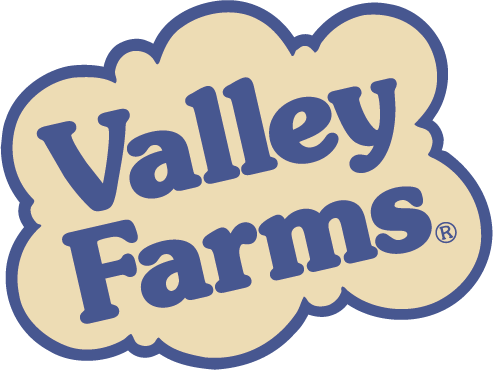
Winter is Still Here, Just ask the Birds!
Share

The cold weather seems to have firmly settled in for the season, so it only feels right to address how to feed wild birds in the winter. These colder months can be particularly trying for us East Coasters, especially given the prediction from the Pennsylvania ground hog Punxsatawney Phil that we’ll have 6 more weeks of winter. Knowing how to accommodate wild birds during this time may help attract them to your yard and keep them safely nourished.

Should I Feed Birds from Birdfeeders in the Winter?

How Can I Accommodate Wild Birds in the Winter?
Stocking up on extra bird food in the winter is always a good idea. If you are worried that your current bird feeder cannot handle the capacity, try replacing it with a large-capacity feeder that holds more seed. Refill your birdfeeders regularly especially if you want to encourage the birds to keep coming back. The more bird food you add and the more frequently you replenish the supply, the more the birds will become accustomed to using your feeder as their new go-to restaurant.
On the flip side of the coin, if you’ve had enough of your bird guests and are looking to reduce your offerings, all you need to do is taper off. Wild birds can take a hint; once you start to reduce the amount of food in your bird feeders, the birds will take note and look for another food supply. The good news here is that if you’re looking to send a message, the birds will pick up on it. The not so good news is that if you’re simply negligent when it comes to maintaining your feeders, the birds will also act accordingly.

The Right Trees & Shrubs for Wild Birds in the Winter
If you’re looking to encourage wild birds to take up a winter residence in your backyard, it’s essential to know what types of trees and shrubs will draw them near. Fruit-eating birds like bluebirds, robins, waxwings, finches, and woodpeckers have an affinity for Hollies as well as deciduous trees. The birds enjoy these trees as nesting sites, for shelter, and for their fruit. Cardinals, cedar waxings, and robins are known for their love of crabapple, dogwood, and berry or fruit-bearing trees as well.
As for shrubs, both deciduous and evergreen shrubs are favorites for woodpeckers, mockingbirds, finches, bluebirds, robins, grosbeaks, and thrushes. Not only do these shrubs provide cover but the fall fruit they bear may last into the winter in some cases.

Keep the wild birds in your neighborhood healthy and nourished with bird food from Valley Farms®.
Special thanks: Article by Elinor Cohen
Thank you for your support of our beloved wild birds!
